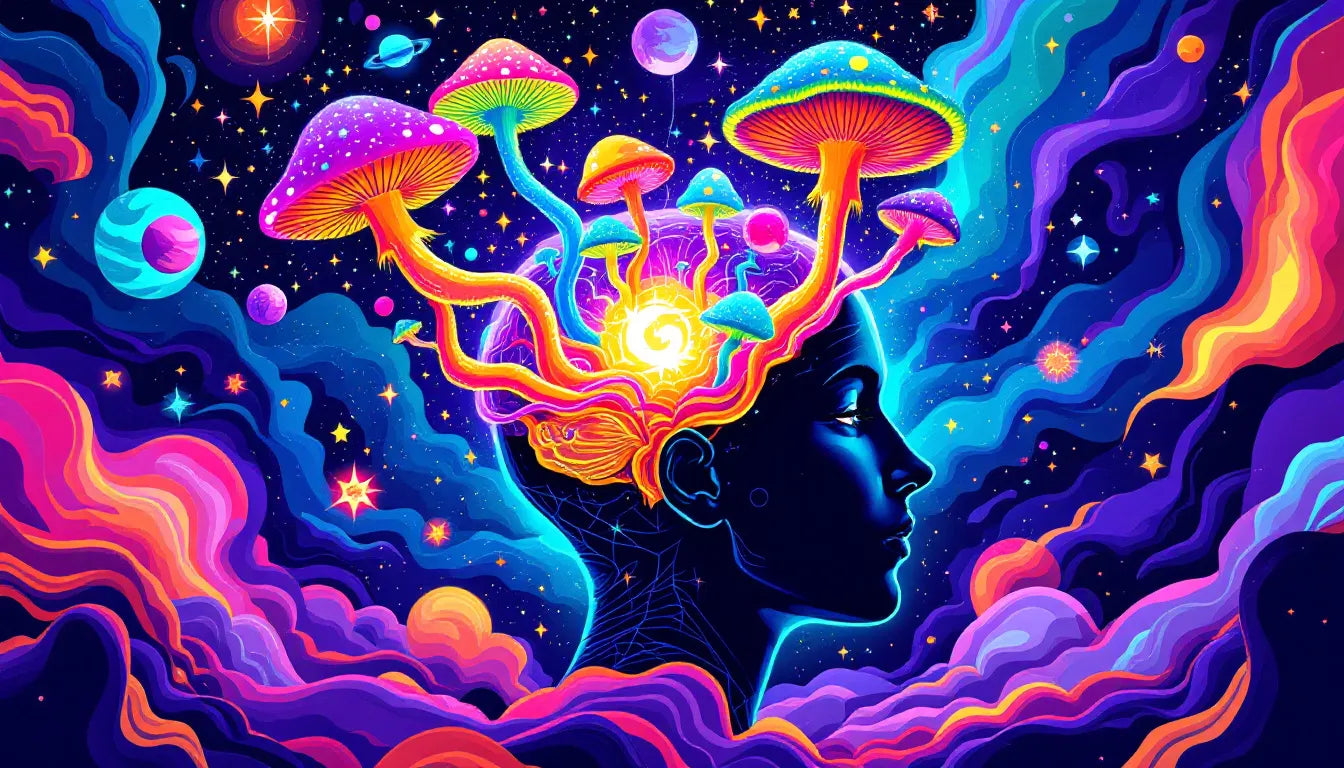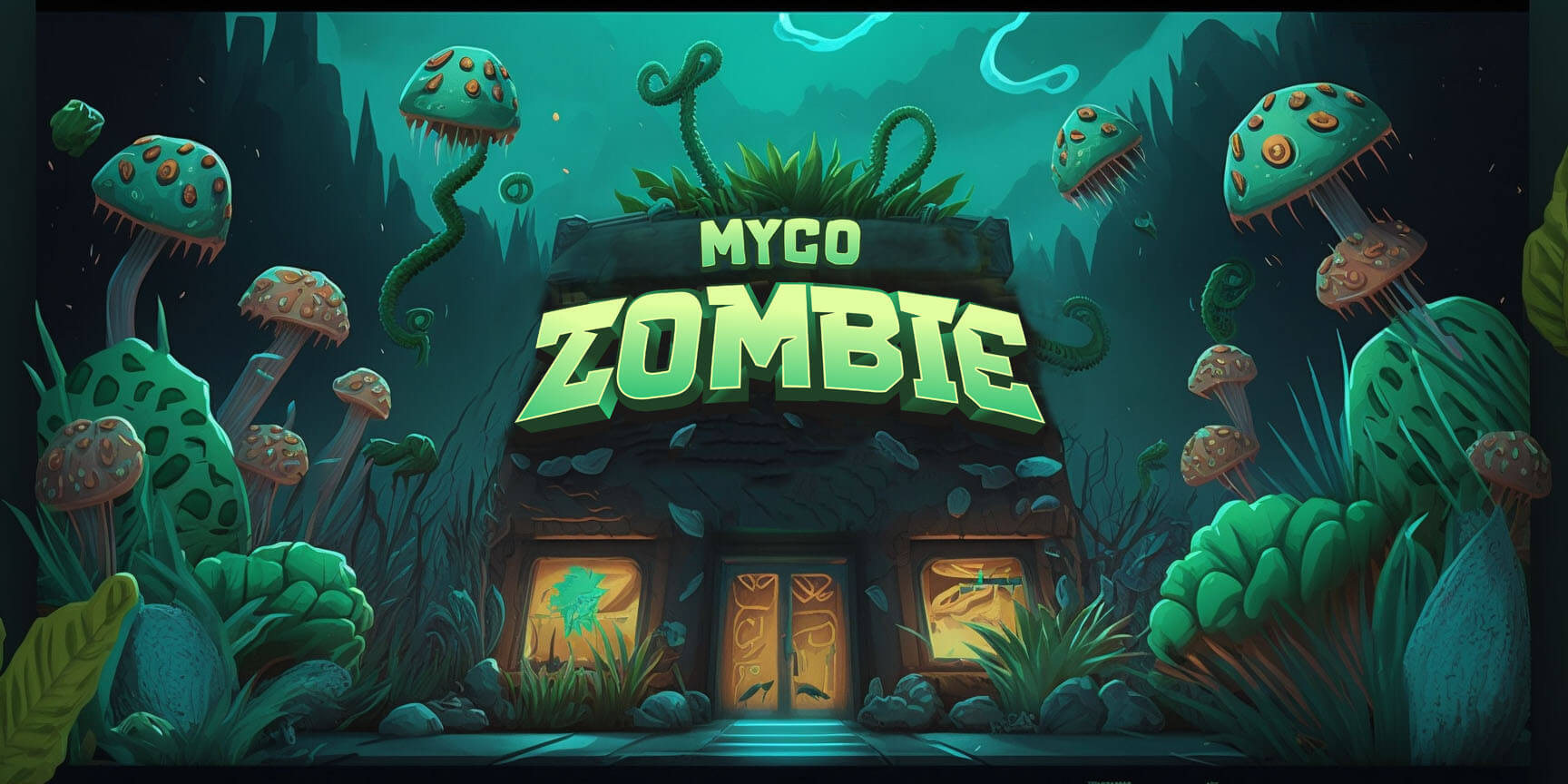- Research suggests that personality traits, particularly openness to experience, can significantly influence the success of psychedelic therapy.
- Psychedelic substances like psilocybin and MDMA can enhance emotional processing, neuroplasticity, and mental flexibility.
- Studies indicate that a single psychedelic experience can lead to long-term increases in openness and emotional resilience.
- Individuals with a history of psychosis or schizophrenia may face heightened risks when undergoing psychedelic therapy.
- Growing scientific interest and legal changes are paving the way for broader access to psychedelic-assisted mental health treatments.
The Role of Personality in Psychedelic Therapy Success
Interest in psychedelic-assisted therapy as a mental health treatment has surged in recent years. Studies suggest that substances like psilocybin and MDMA may help treat conditions such as depression, PTSD, and anxiety, and for those curious about hands-on exploration, a psilocybin mushroom grow kit offers a safe, educational way to learn about these fungi at home.
However, not everyone responds the same way. Research indicates that personality traits—especially openness to experience—can influence treatment outcomes. Understanding this connection can help individuals and professionals determine who might benefit most from this promising therapy.

What is Psychedelic Therapy?
Psychedelic therapy involves using psychoactive substances like psilocybin (found in magic mushrooms), LSD, and MDMA in a controlled, therapeutic setting. Under the guidance of trained professionals, patients take psychedelics to explore emotions, process trauma, and gain new perspectives on their mental health struggles.
The key difference between psychedelic therapy and recreational use is the structured approach. In therapy, substances are administered intentionally, often with preparatory and integration sessions before and after the experience. Patients are guided through their journeys by therapists or facilitators trained in helping individuals process deep emotional insights.
Clinical research has shown that psychedelic therapy may induce profound psychological and spiritual experiences. When combined with professional integration support, these experiences can lead to lasting positive changes in mood, behavior, and cognitive flexibility. While the legal status of psychedelic therapy varies by location, interest continues to grow as new studies highlight its potential benefits.

How Psychedelic Therapy Works in Mental Health Treatment
The effectiveness of psychedelic therapy stems from how these substances interact with the brain. Psychedelics primarily affect serotonin receptors, particularly the 5-HT2A receptor, which plays a crucial role in mood, cognition, and perception (Carhart-Harris & Nutt, 2017). Psilocybin, for example, can promote neuroplasticity, helping the brain form new connections and break free from rigid thought patterns associated with mental health disorders.
Psychedelics temporarily dissolve the brain’s default mode network (DMN), the part responsible for self-referential thinking, ego, and habitual thought patterns. By disrupting the DMN, psychedelics allow for a loosening of entrenched mental frameworks, providing individuals with new ways to experience their thoughts and emotions. This mechanism is particularly useful for treating conditions like depression and PTSD, where repetitive, negative thought loops are common.
The success of psychedelic therapy depends on two critical factors
Set and Setting
- Set (mindset): The patient’s thoughts, intentions, and mental preparedness leading into the experience. A positive, open mindset enhances therapeutic outcomes.
- Setting (environment): The context in which the therapy takes place. A controlled, supportive space minimizes the risk of distressing experiences.
Therapists help prepare patients for their psychedelic journey, guiding them through expectations and creating a framework for interpreting their experiences. Research indicates that patients who engage in comprehensive preparation and integration sessions show more significant and lasting improvements in their mental health.
The Role of Personality in Psychedelic Therapy Outcomes
Not everyone experiences the same benefits from psychedelic therapy. Some individuals report life-changing insights and emotional breakthroughs, while others struggle with difficult experiences or find little therapeutic benefit. The "Big Five" personality traits—openness to experience, conscientiousness, extraversion, agreeableness, and neuroticism—can influence a person’s response to psychedelics.
How Personality Traits Affect Psychedelic Experiences
- Openness to Experience: The strongest predictor of a positive outcome individuals high in this trait tend to process psychedelic-induced insights more effectively.
- Neuroticism: Can be associated with increased anxiety or challenging psychedelic experiences, though structured therapy can help mitigate these effects.
- Conscientiousness: May help with post-trip integration, allowing individuals to apply psychedelic insights to their daily lives more effectively.
- Extraversion & Agreeableness: While these traits influence interpersonal interactions, their impact on psychedelic therapy is less well-defined compared to openness and neuroticism.
Studies suggest that individuals with high openness to experience often report more profound and positive psychedelic experiences. Those with rigid or anxious personalities may find the process more challenging, potentially requiring additional therapeutic support. Understanding these traits helps therapists anticipate a patient's potential reaction and adjust treatment approaches accordingly.
Openness to Experience: A Key Factor for Success
Openness to experience refers to a person’s willingness to engage with new ideas, emotions, and perspectives. This trait is associated with creativity, curiosity, and cognitive flexibility. Research shows that people scoring high in openness tend to have more profound, transformative psychedelic experiences, leading to greater therapeutic benefits (MacLean, Johnson, & Griffiths, 2011).
Psilocybin and other psychedelics alter normal patterns of thought and perception. People high in openness may navigate these shifts more comfortably, embracing insights and emotional processing rather than resisting them. This makes psychedelic therapy particularly effective for individuals who already have a naturally expansive mindset.
Can Psychedelic Therapy Shift Fixed Mindsets?
One of the most promising aspects of psychedelic therapy is its ability to help individuals break free from rigid, negative thought patterns. Research has shown that a single psychedelic experience can increase openness and emotional resilience long after the effects wear off (Erritzoe et al., 2018).
How Psychedelics Facilitate Change
- Disrupt entrenched neural pathways associated with depressive thought loops.
- Enhance emotional processing, reducing avoidance behaviors.
- Foster a sense of interconnectedness and personal insight.
Individuals struggling with anxiety, depression, or PTSD often experience repetitive, fear-based thought cycles. Psychedelics may disrupt these patterns, allowing for fresh perspectives and increased cognitive flexibility. Some studies suggest that this shift can improve problem-solving abilities, empathy, and overall mental well-being.
The Risks and Limitations of Psychedelic Therapy
While psychedelic therapy holds great promise, it is not suitable for everyone. Certain psychological and medical conditions can increase the risks associated with psychedelic use.
Potential Risks and Contraindications
- Risk of Psychosis: Those with schizophrenia or a family history of psychotic disorders may experience heightened risks.
- Challenging Experiences: Some individuals may have intense or distressing trips, requiring professional support.
- Temporary Physiological Effects: Changes in heart rate and blood pressure could pose a risk for individuals with cardiovascular conditions.
Integration—the process of making sense of the psychedelic experience—is crucial for ensuring lasting benefits and avoiding potential distress. Those considering psychedelic therapy should undergo a thorough screening process with a trained professional.
The Future of Psychedelic Therapy in Mental Health Treatment
Attitudes toward psychedelic-assisted therapy are shifting. More clinical trials are examining its safety and effectiveness, and some regions have begun legalizing its use for therapeutic purposes. As research advances, treatment protocols are becoming more refined, allowing for more personalized approaches based on individual personality traits.
If trends continue, psychedelic therapy could become a mainstream option for managing conditions like PTSD, anxiety, and depression. Continued research will clarify how different personality traits influence psychedelic experiences, shaping the future of tailored mental health treatments.

Who Might Benefit Most from Psychedelic Therapy?
Psychedelic therapy may be particularly beneficial for
- Individuals high in openness or willing to explore new psychological perspectives.
- Those with treatment-resistant depression, PTSD, or anxiety disorders.
- People prepared to integrate their experiences with guidance from professionals.
Even those with more rigid thinking patterns may still experience breakthroughs, provided they approach the process with curiosity and proper support.
Citations
- Carhart-Harris, R. L., & Nutt, D. J. (2017). Serotonin and brain function: A tale of two receptors. Journal of Psychopharmacology, 31(9), 1091–1120.
- Erritzoe, D., Roseman, L., Nour, M. M., MacLean, K., Kaelen, M., Nutt, D. J., & Carhart-Harris, R. L. (2018). Effects of psilocybin therapy on personality structure. NeuroImage, 196, 69-77.
- MacLean, K. A., Johnson, M. W., & Griffiths, R. R. (2011). Mystical experiences occasioned by the hallucinogen psilocybin lead to increases in the personality domain of openness. Journal of Psychopharmacology, 25(11), 1453–1461.




